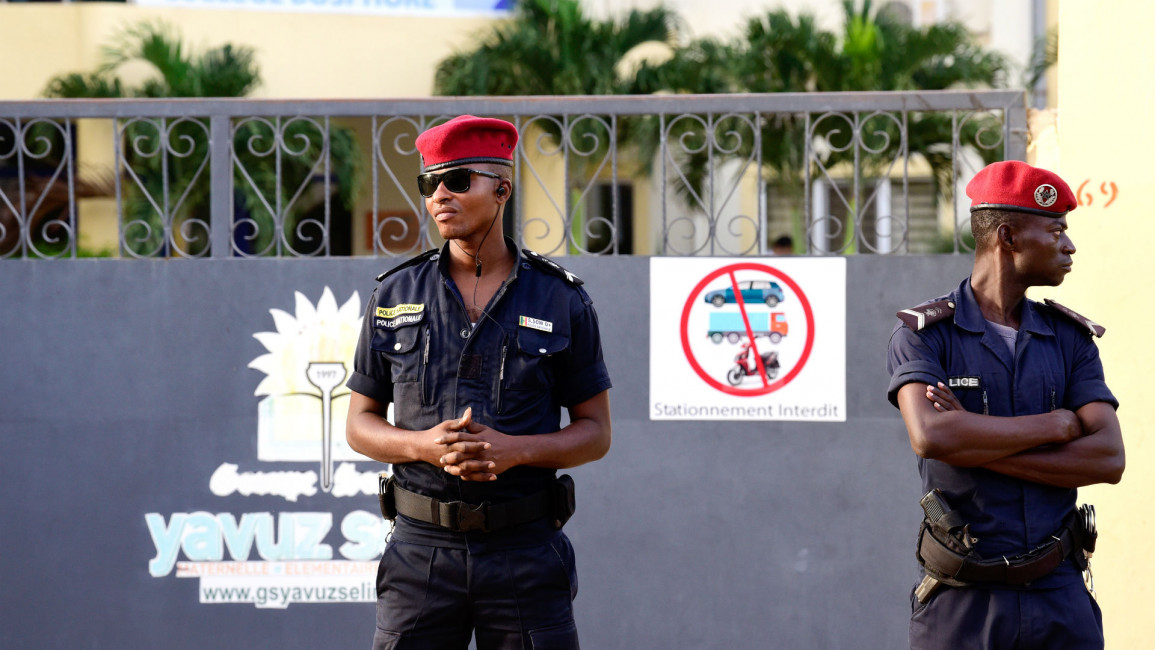Senegal closes dozens of schools linked to exiled Turkish cleric Fethullah Gulen
Senegal's government has closed more than a dozen schools linked to a man the Turkish government considers a terrorist, underlining Turkey's growing influence in predominantly Muslim West Africa.
About 3,000 children in Senegal have been affected as Turkey reduces the influence of US-based cleric Fethullah Gulen, who is labeled a terrorist by Turkey's government.
The schools closed last year were linked to Hizmet, an Islamic movement developed from the teachings of Gulen, a Turkish cleric living in exile in the US and accused by the Turkish government of being behind a 2016 coup attempt.
Turkish President Recep Tayyip Erdogan visited Algeria, Mauritania, Senegal and Mali recently, meeting with heads of state and bringing along Turkish business leaders to increase investments in Africa. Erdogan pointedly thanked the countries for closing the Gulen-affiliated schools.
"Most of the countries that were exploited by the [Gulen] terror organisation were in Africa," Erdogan said at the beginning of the week-long trip. Schools in Gambia, Guinea, Somalia, Chad, Mauritania, Niger, Gabon, Senegal and now Mali have been transferred to his government's Maarif Foundation, he said.
In Senegal, the Maarif Foundation opened three new schools.
Gulen had a large footprint abroad: A report from Turkish intelligence says that the Gulen network had about 2,800 schools, education institutions, foundations, NGOs and hospitals in about 170 countries.
The school closures in Africa will be seen in Turkey as a positive step in the fight against Gulen, said Emre Caliskan, a researcher at Oxford University specialising in Turkey and Africa relations.
But schools are only a part of Turkey's efforts to strengthen its footprint in Africa. Turkey has increased its embassies in Africa from 12 in 2003 to 41 today.
Murat Kadir, a coordinator for the Maarif Foundation in Senegal, said only some of the students from the former Gulen schools have transferred to the three schools the foundation opened in November 2017 with about 120 students in Senegal. They plan to add two more, he said.
The remainder of the 3,000 students whose schools were closed in Senegal has had to find other institutions.
Fady Ndao, whose 16-year-old daughter studied at a Gulen school, College Sultan, before it was closed said she chose to go to a Senegalese school instead of transferring to the new Turkish government one in Dakar.
"If it is for political reasons, that is truly not right," she said of the school closures. "We are Senegalese in Senegal. We have a right to choose a good education here."



